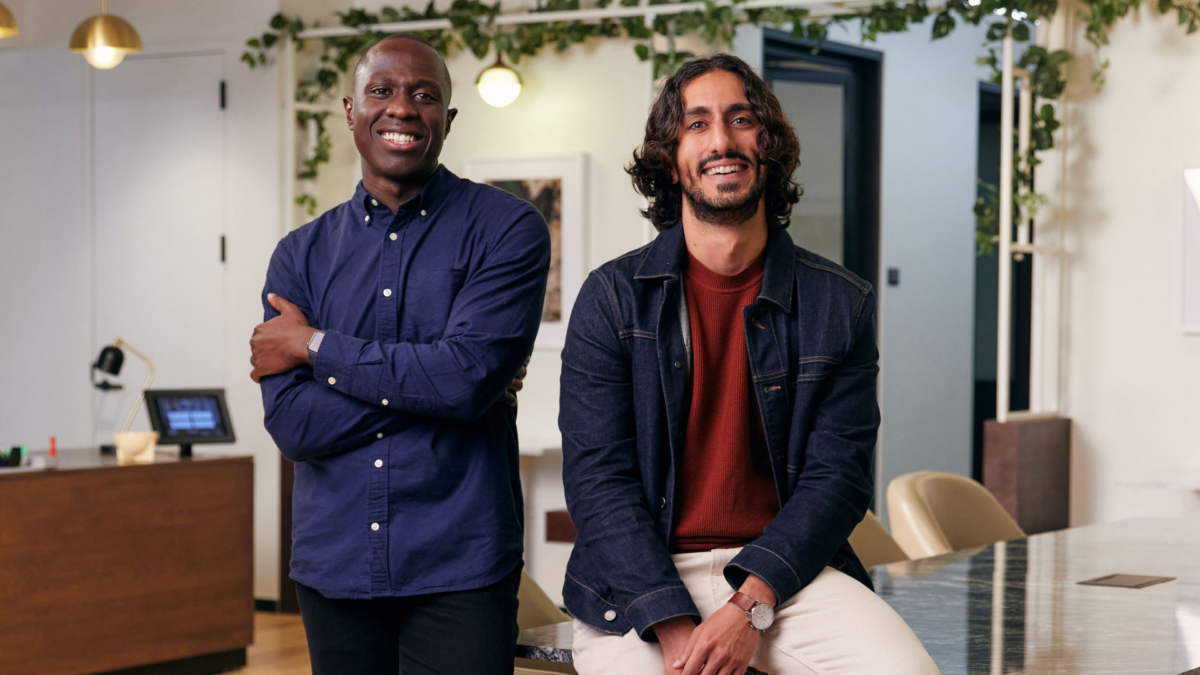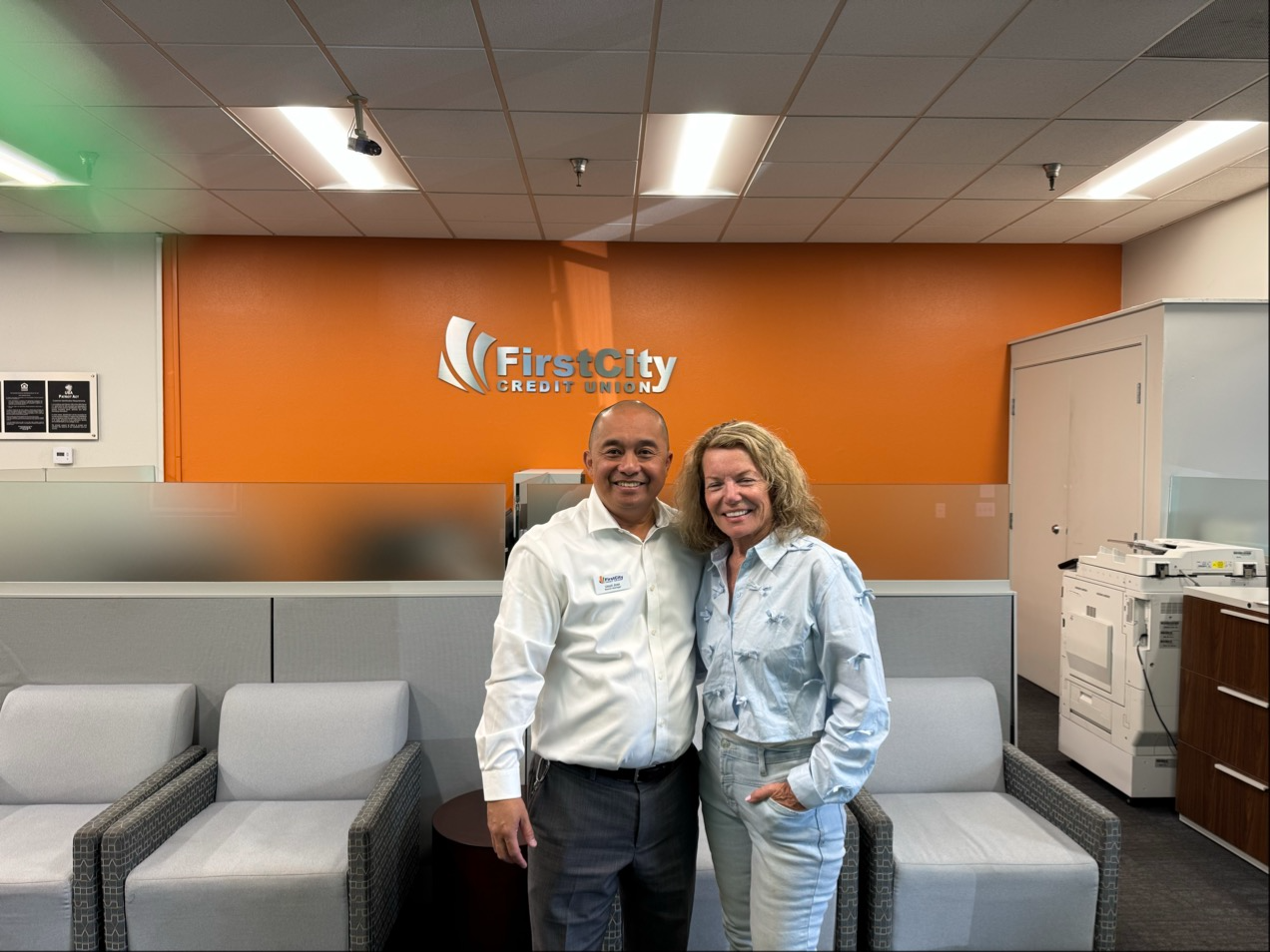The so-called Great Wealth Transfer is no longer a distant prediction. It is estimated that over the next two decades, more than $84 trillion will pass from the hands of baby boomers to their heirs in the United States, according to data from Cerulli Associates (2023).
Within that figure, $16 trillion will go directly to Generation Z and millennials, generations that will soon be managing the largest concentration of capital in modern history.
This generational shift involves much more than bank balances. For financial institutions, this transition has become an existential challenge: how to retain the heirs, many of whom have no prior relationship with their parents’ or grandparents’ financial institution? In a sector where trust is rapidly eroding, analysts warn that retaining inherited deposits will mark the difference between survival and falling behind.
The transfer of accounts after a death is often a tedious process, full of forms, long deadlines, and bureaucracy that few families are in a position to handle while grieving. In practice, this operational gap creates a leakage problem: a significant portion of heirs decide to close the account and transfer the money to a more agile or better-reputed institution.
A report from the American Bankers Association reveals that nearly 45% of heirs under the age of 40 change financial institutions after receiving an inheritance. For credit unions, which are perceived as local, community-oriented organizations, the statistic is alarming. Millions of dollars are lost each year due to unions’ inability to support families during these critical moments.
It was in this context that Ribbon was founded, a company that seeks to formalize something that seems intangible: empathy.
A story that changed a strategy
The case of Mrs. McSweeney, widow of a Los Angeles County officer, illustrates this starkly. After returning from Ireland following her husband’s funeral, she found a bouquet of flowers and a card signed by the operations team of First City Credit Union, the institution where her husband had been a member.
The gesture, managed through Ribbon, moved her enough to reverse her decision to close the account. Instead, she chose to become a member. This anecdote is not just a human detail, but rather represents the first documented instance of a financial institution turning empathy into a systematic process within its customer management journey.
While the banking sector is often measured by interest rates, capitalization, or delinquency rates, Mrs. McSweeney’s experience opens the door to another indicator: the degree of perceived humanity in the relationship with customers.

“Our vision is for families to be able to focus on their grief, not on the paperwork,” explains Saeid Kian, co-founder and CEO of Ribbon, in conversation with Startup Beat. According to him, technology plays a central role in eliminating friction, but the real impact happens when human teams use that space to connect with sensitivity.
His business partner, Allan Oloo, highlights another angle: “The great challenge is to transform the inheritance into a moment of connection, not rupture. Most banks lose the next generation because they fail to demonstrate that they care in the decisive moments.”
Both agree that, beyond digitalization, their work is about redefining the emotional contract between institution and client.
Lack of heir retention
According to estimates from Accenture, U.S. financial institutions lost nearly $1.1 trillion USD in assets under management due to a lack of heir retention during 2022 alone. Meanwhile, firms like McKinsey project that institutions that manage to retain an additional 10% of these inheritances could increase their revenue by more than $200 billion annually over the next decade.
Ribbon claims to have helped reduce the loss of inherited deposits by 25% among the credit unions it works with. In concrete terms, that means if $5 million USD per year were previously evaporating due to dissatisfied heirs, that figure drops to $4 million- t’s not just a revenue issue, but also reflects a drop in member churn rates.
The idea of “productizing empathy” may sound contradictory, almost a paradox. However, Kian insists that it is not about replacing the human with the digital, but about freeing up time so that teams can provide meaningful gestures. “The bouquet of flowers for Mrs. McSweeney was not sent by an algorithm, but by a team with the right sensitivity. What we did was make it possible for that action to happen without bureaucracy getting in the way,” he clarified.
To achieve this, the platform integrates dashboards that show a unified view of deceased accounts, automatic document validation through AI, and reminders that keep heirs informed. Everything is designed so that the interaction is not limited to procedures, but includes visible support.
Why insist so much on empathy when business seems purely financial? The answer lies in those who will receive the inheritances. GenZ, born between the mid-1990s and early 2010s, has shown a strong inclination towards brands with social purpose and kindness.
A 2024 Deloitte survey revealed that 64% of consumers in this generational cohort prefer institutions that demonstrate social responsibility and empathy, even if that implies higher costs. Translated to the banking sector, such a figure means that a cold and bureaucratic process can be enough to lose a potential multi-millionaire client.
Oloo sums it up in one sentence: “The generation that is inheriting isn’t just looking for efficiency; it’s looking to feel that there’s someone behind the screen who really cares.”
Credit unions as a laboratory for change
Although large banks dominate the financial scene, credit unions have served as fertile ground for these innovations. Their medium size and community culture allow for experimenting with solutions that could later be scaled to the broader sector.

First City Credit Union, with over 56,000 members and assets exceeding $900 million, is an example. Founded in 1937 with just 65 members and $149 USD in deposits, it is now one of the most solid institutions in California. Its CEO, Nav Khanna, states that the McSweeney case demonstrated how the combination of processes and technology can strengthen the bond with members.
Not everything is straightforward, however. Implementing automated flows on such a delicate issue involves solving integration problems with legacy banking systems, guaranteeing data security, and, above all, preventing automation from diluting warmth.
According to Kian, one of the biggest initial challenges was reducing implementation times. Initially, Ribbon required five months to launch a pilot whereas today they do it in four to six weeks. This improvement was achieved by listening to the credit unions, which asked for more complete dashboards, automatic steps after document upload, and constant notifications to avoid delays in procedures.
Ribbon has also expanded its services,and processes hundreds of inheritance claims each month in the U.S.,establishing partnerships with companies like PortX to integrate its flows into larger-scale banking systems.
The founders say the immediate future is about consolidating new functions, growing the team, and announcing strategic partnerships. Although they avoid the grandiose tone typical of startups, they recognize that the window of opportunity is unique: millions of heirs in the coming years will evaluate which institutions truly care about them.
In the end, we revert back to the McSweeney story, which leaves a simple lesson: in a financial world obsessed with algorithms and margins, a human gesture can tip the scales of a decision that moves millions. And that lesson, more than an isolated case, seems to be becoming the compass for an entire industry facing the greatest transfer of wealth in history.

This article includes a partner of an Espacio portfolio company.












